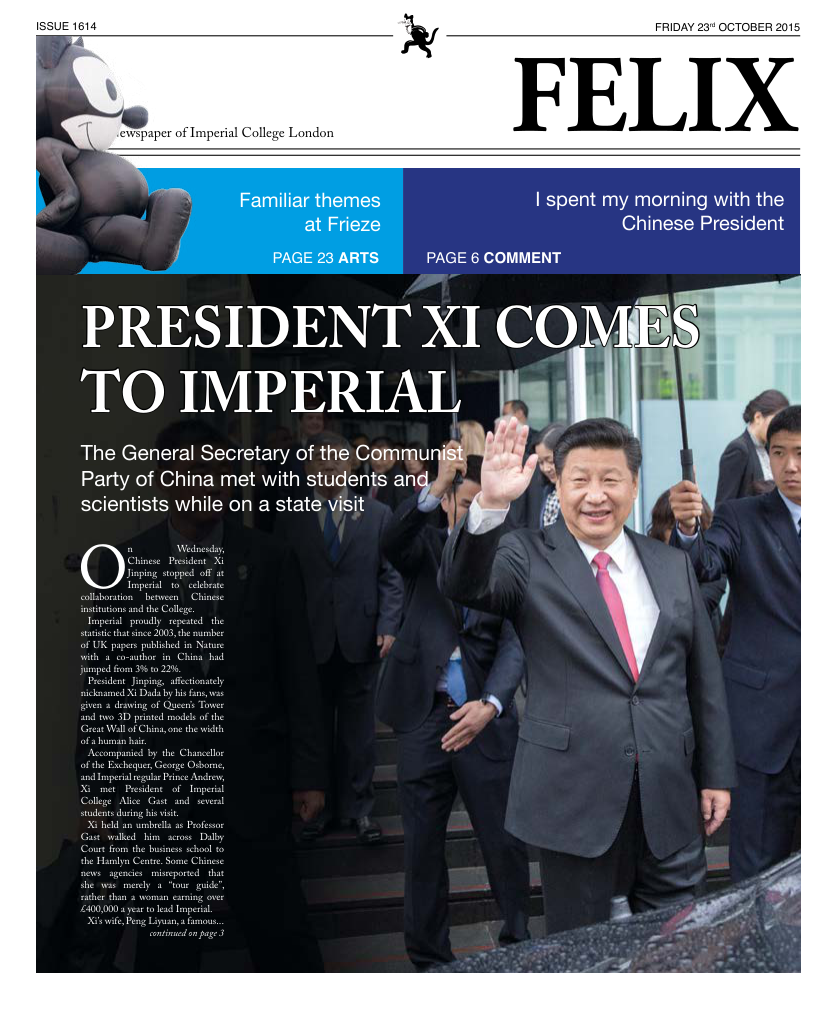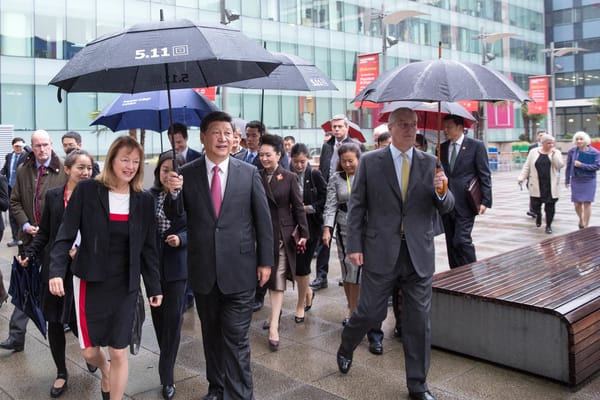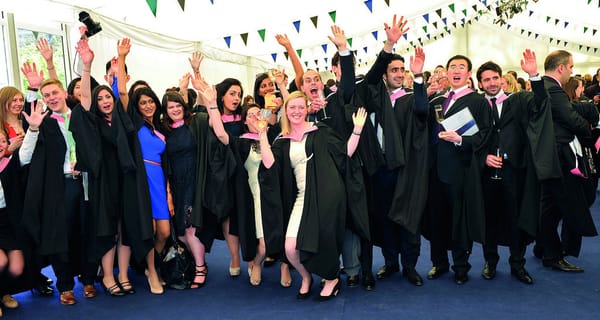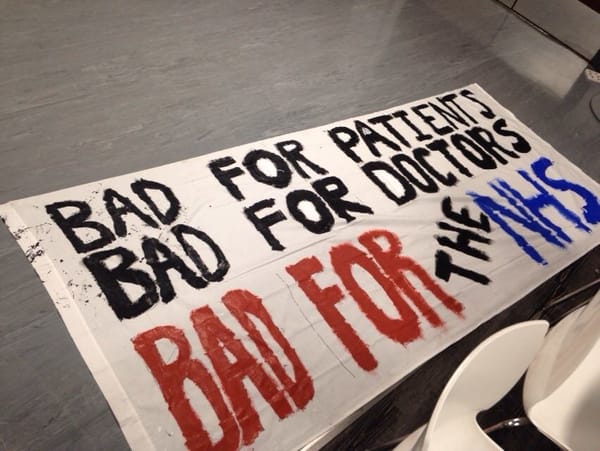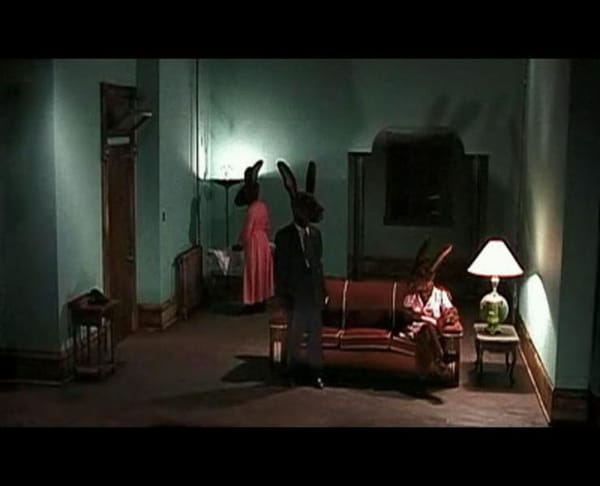What is a “working royal” anyway?
Are the royal family still relevant in a democractic society?
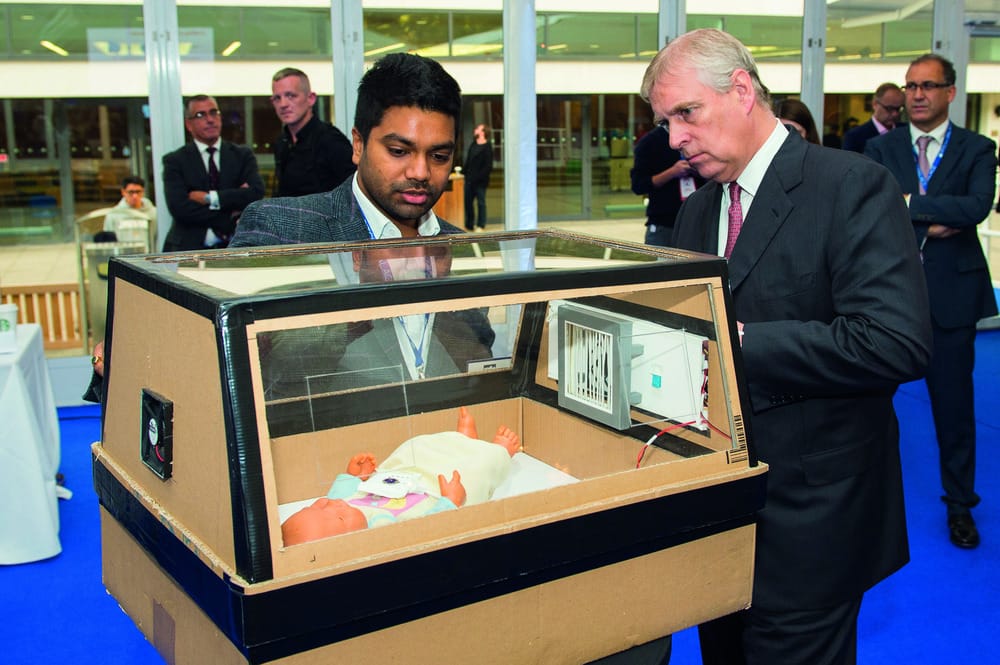
The Duke of York was at Imperial last week to host the Pitch@Palace Bootcamp to find finalists for Pitch@Palace4.0, an event where bright young entrepreneurs get to pitch to industry experts, CEOs and people with lots and lots of money. Since stepping down as the UK’s special representative for trade and investment in 2011 after concerns about the company he keeps, Prince Andrew has championed this kind of start-up, supporting hackspacey vibes around the country at various university campuses and techspots. In fact, previous finalists of the Pitch@Palace series were Imperial’s very own YOYO app.
While I am broadly supportive of these kinds of schemes, it got me thinking about the painfully euphemistic sounding “working royal” designation that gets used regularly to describe members of the royal family.
How many working royals are there? Almost certainly more than you think. For example, the Duke of Kent and the Princess Alexandria (34th and 49th in line to the throne, as of May 2015) are considered working royals and receive a 24 hour security detail from the Metropolitan Police.
Since 2013, the royalty have been removed from the Civil List (of people kept by the State) and instead get a single payment from the Sovereign Support Grant, which is around 15% of the financial takings of the two Royal Duchies (the Queen and Prince Charles) plus other royal holdings, on which no tax is paid.
Controversially, should the financial situations of the Duchies worsen, the amount paid per annum through the Sovereign Support Grant is protected and can only rise over time.
While the introduction of the Sovereign Support Grant has removed the issue (to some extent) of categorising which royals are considered to be “working” and therefore are on the Civil List, it also appears to have allowed the Keeper of the Privy Purse (in charge of the financial management of the royalty) to take part in some quite shameless spin.
For example, the figure paid through the Sovereign Support Grant for 2015-2016 will be around £40 million, which one could argue is a relatively small price to pay for the tourism money, soft power, and warm fuzzy glow of patriotism we all occasionally (yes, even me) feel when we think of our long-established monarchy. It allows very positive comparisons to other states with intact monarchies and even to a handful of states with an elected head (see Italy). However, this figure pales in comparison to even a conservative estimate of the full cost of maintaining our monarchy.
For example, regardless of the reform of the Civil List system, many minor and even obscure members of the royal family receive police protection at the expense of the London Metropolitan Police. The budget (as obfuscated as it is, it seems that revealing the cost of royal security is in itself a security breach) puts the most comprehensive estimate of the cost of protection for all royals who receive it has been put at £100 million, a figure that already dwarfs the Sovereign Support Grant.
When all the ancient and obscure, modern and hidden, and otherwise generally unknown costs of the royal family are added up, the pressure group Republic (which may be biased, but the report is very well made) estimates the true cost to the British Tax Payer (including revenues from the treasury and those that would otherwise be collected by the treasury) as £334 million.
There was a popular figure of £500 million said to be brought in by the royal family through tourism that was produced by VisitBritain. This, if true, would more than allay the financial arguments above. However the reader might be interested to note that this is simply a quarter of the figure they judged was due to “British Culture and History attracting tourists”. I don’t really want to start on why such an estimate is flawed.
Added to this, the bizarre legal entities that are the Duchies, with their tax exemption and legal privileges that would make any true believer in a free market and/or democracy wince, add to the feeling that all might not be quite as good value for money as the Privy Purse makes it seem.
Many more issues spring to mind, once the question is asked. Prince Charles’ little spiders make it clear he hasn’t the restraint of his mother when it comes to the separation of politics and the monarchy. Prince Harry makes you wonder whether the monarchy might always be such well respected ambassadors around the world for these blessed lands, as unlikely it is that he’ll ever be crowned.
Indeed I am not bothered that the Queen has such political clout, but I feel that if the head of state of my country embarrasses, misrepresents or stands opposed to my view of the world (and a sufficiently sized group of others’), as symbolic as the royal family may be, they should be deposable.
How long before the monarchy stops being seen as a beautiful and respected remainder of a bygone age and starts being laughed at anachronism in a world slowly moving towards democracy? Kudos to Prince Andrew for doing good work, but I’d much rather you were just an ordinary bloke.

